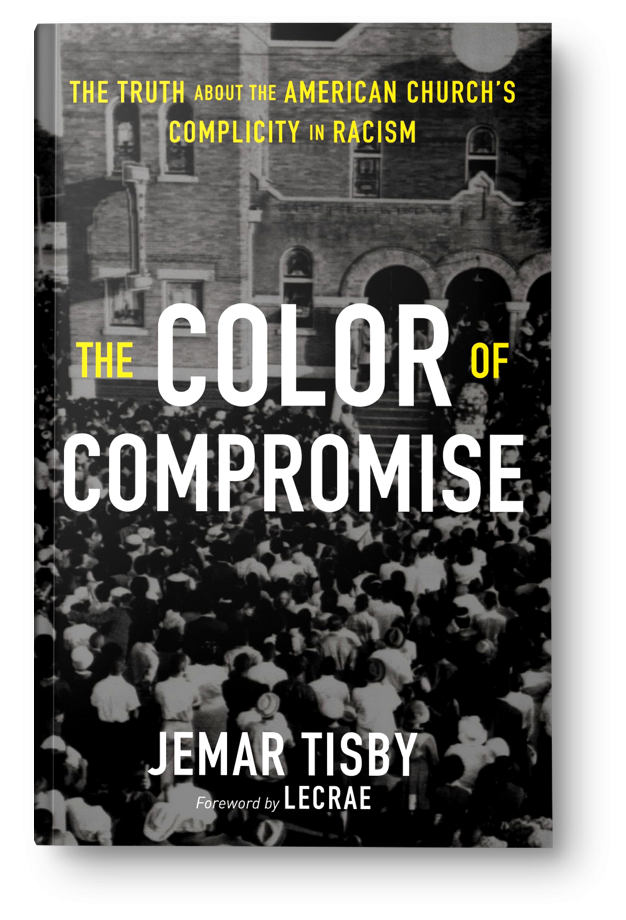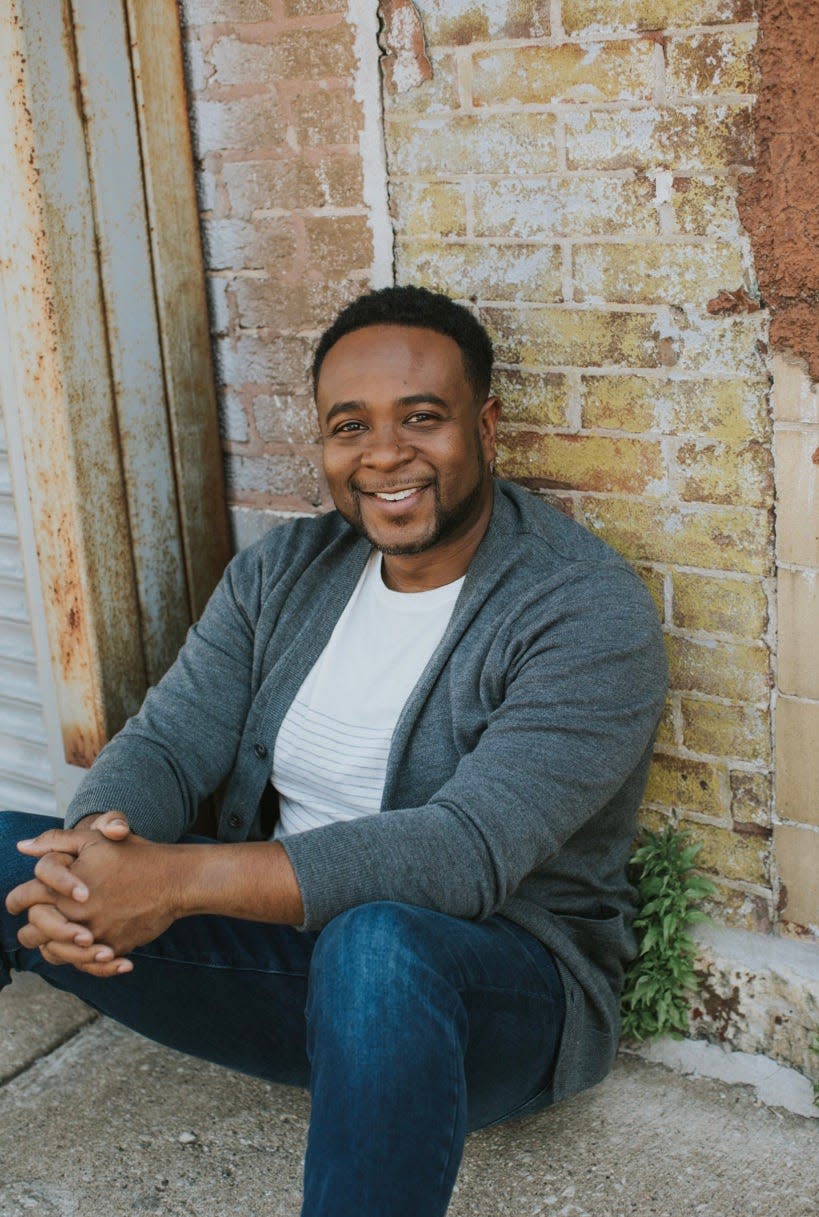Why quoting my book on racial justice is getting Christian college professors fired
In his classic book, The Souls of Black Folk, renowned Black scholar, W. E. B. Du Bois, begins by asking the question white people often hint at but seldom say outright.
"How does it feel to be a problem?"
For many far-right Christian institutions of higher education my name and my work have become a problem. For them, I seem to have become an avatar of all that is wrong in modern racial justice work.
Have something to say about today's news? Submit a letter to the editor here
My latest act of rebellion concerned two sentences I wrote.
A professor at Taylor University, Julie Moore, quoted from my book, The Color of Compromise, in the introductory narrative to her syllabus, and according to her provost this was a problem.
In a meeting in which Professor Moore was informed that her contract would not be renewed for the upcoming year, she asked the provost to cite the reason for her removal.
According to the Religion News Service, "When pressed for details, Taylor Provost Jewerl Maxwell said there had been complaints about assigned readings on racial justice in Moore’s classes. Maxwell named one author as problematic in particular...'Jemar Tisby is the main focus,' Maxwell told Moore."
Mind you, Professor Moore had not actually assigned any of my readings to her class. She merely quoted me in her syllabus.
More opinion: Editing education maintains racism, sexism, classism and unearned elitism

The offending quotation is as follows:
"The refusal to act in the midst of injustice is itself an act of injustice. Indifference to oppression perpetuates oppression. History and Scripture teach us that there can be no reconciliation without repentance. There can be no repentance without confession. And there can be no confession without truth."
It is difficult to discern why a Christian administrator would find a comment about truth as a prerequisite of reconciliation, but maybe it's not an issue of words but of being "woke."
The provost's actions at Taylor University fit into a pattern. I've gained a reputation among a small but influential set of Christians as someone whose work is dangerously disruptive to the racial status quo.
In May of 2022, the Board of Trustees at Grove City College voted to adopt a report that said, "inviting Mr. Tisby to speak in chapel was a mistake."
Earlier this year, Professor Sam Joeckel, lost his job at Palm Beach Atlantic University for going public with his administration's attempts to curtail his teachings about racial justice. In his unit on racial justice, Professor Joeckel included a discussion of an excerpt from The Color of Compromise.
There was even a formal attempt to ban my book How to Fight Racism Young Readers Edition. A library board member in Hillsdale, Michigan, home to the far-right Christian institution Hillsdale College, put my list on a proposed book list of books to ban for supposedly promoting "Critical Race Theory."
'The Humanity Archive': Louisville author says journey to NYT best seller began in library
So how does it feel to be a problem?
Bewildering.
I am a professor of history at Simmons College of Kentucky. I mostly talk about the history of racism in the United States and I provide primary sources to back my assertions.
My work is not nearly as polemical as some. I write out of a love and concern for the Church, not as one who has left the fold. I attempt to speak and write the "truth in love" to bring healing to faith communities and move toward "a more perfect Union" in our nation.
Being branded a "problem" by far-right Christians feels frustrating. I can hear echoes of the past in their present behavior.
In their attempts to suppress and micro-manage teaching about racial justice on their campuses, Christian higher education administrators are demonstrating the same compromise and complicity with racism as the "white moderate" of which King wrote in his "Letter from Birmingham Jail."
There is also a sense in which I am glad that my work has been labeled controversial. The issue is not causing controversy. The issue is with whom and for what reason your is work controversial.
If my efforts to expose the truth about racism vex leaders in Christian higher education who are more worried about appearing "not woke" than preserving academic freedom and Christian character, then so be it.
In his Sermon on the Mount Jesus tells his listeners, "Blessed are you when people insult you, persecute you and falsely say all kinds of evil against you because of me." (Matthew 5:11).
Far-right Christians have called me names, assailed my reputation, all but banned my books.
How does it feel to be a problem? Honestly, I feel blessed.

Jemar Tisby, PhD is a professor of history at Simmons College of Kentucky. He wrote the bestselling book The Color of Compromise and How to Fight Racism. He writes frequently at JemarTisby.Substack.com.
This article originally appeared on Louisville Courier Journal: The book, the Color of Compromise, is getting college professors fired

